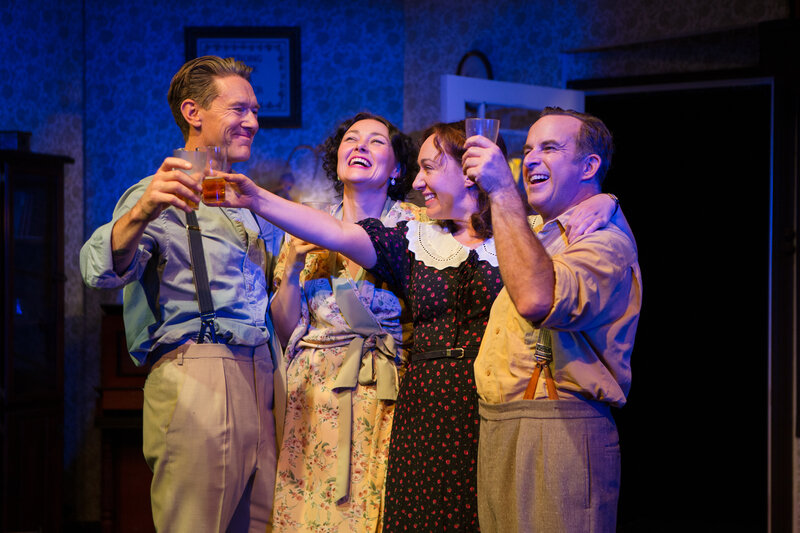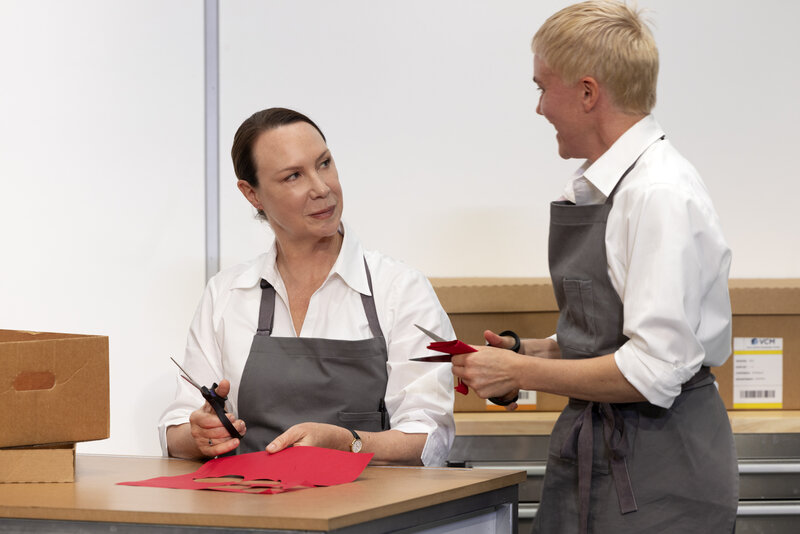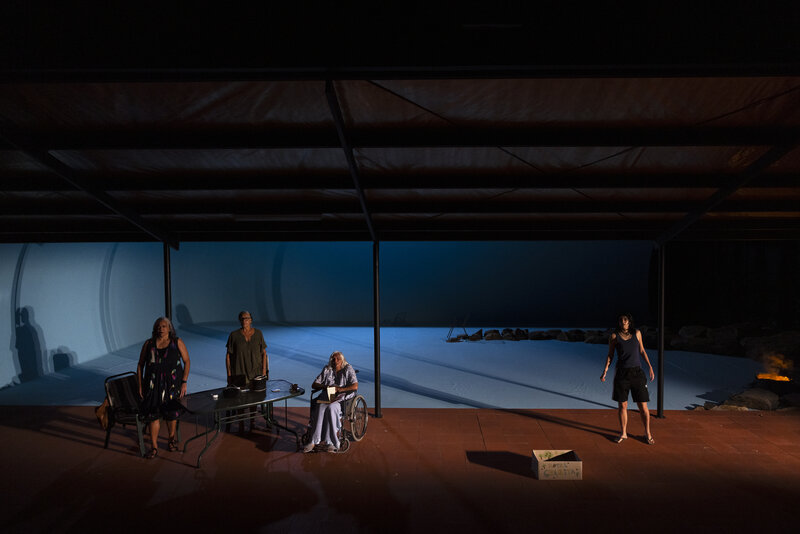Over the years I’ve read a few Lynda La Plante novels featuring DCI Jane Tennison. Actor Helen Mirren, who portrayed Tennison in the award-winning ITV television drama series Prime Suspect, described Tennison as “extremely directed, ambitious, talented and very uncompromising”. Fans of the series, both book and television, will know that although Tennison is an extremely skilled detective, one of her biggest hurdles is proving herself in the male-dominated world of policing while trying to maintain stable relationships and achieve a comfortable work-life balance. Tennison gives an insight into where it all started.
 Here’s the blurb. It’s nice and short, unlike the book:
Here’s the blurb. It’s nice and short, unlike the book:
In 1973 Jane Tennison, aged 22, leaves the Metropolitan Police Training Academy to be placed on probationary exercise in Hackney where criminality thrives. We witness her struggle to cope in a male-dominated, chauvinistic environment, learning fast to deal with shocking situations with no help or sympathy from her superiors. Then comes her involvement in her first murder case.
Tennison comprises a couple of narrative elements: firstly, it’s backstory and a deep character study, and secondly, there are two criminal cases within the book. There’s a lot of background about Tennison’s early days as a WPC (woman police constable) which included sexism, bullying, harassment, and a lot of misunderstanding, even from her own family. Why would Tennison want to become a police officer, her mother and sister wonder. There’s a lovely scene in which Jane’s father tells her, in a roundabout way, that he’s proud of her for doing what she wanted. Tennison is relatively naive, as a woman and a police officer, and has to learn fast how to deal with men, both emotionally and professionally, as well as the challenges of her job.
The story also contains two criminal cases, one of which is solved mid-way through the book (and it’s connection to the second case severed). There’s plenty of suspense as the force gets wind of a bank robbery in the making, and readers are privy to the criminals’ viewpoints as well as the polices’. The villains are suitably rough and nasty, although there’s a subplot in which one of the villains is shown to be an unwilling participant dragged into the mess by his father and brother. You feel sorry for him, as well as for his mother, who’s abused and disrespected, but is smarter than her family realises. As a result of these cases, Tennison is forced to “grow up” fast as she deals with tough characters (not only the criminals). I found the whole woman in a man’s world aspect to be the most fascinating element – it would have been a tough time to be a WPC.
Fans will enjoy this insight into Tennison’s character, while new readers to La Plante may be convinced to start reading the extensive back catalogue. I found the book intriguing as a character study, but there were moments in the middle it fell a little flat. The ending, however, was emotional and insightful. Tennison was a changed, tougher woman.
Available from good bookstores (RRP $19.99AUD). My copy was courtesy of Simon & Schuster.
Monique Mulligan
For more of Monique Mulligan’s writing on books, check out Write Note Reviews

David Edwards is the former editor of The Blurb and a contributor on film and television




